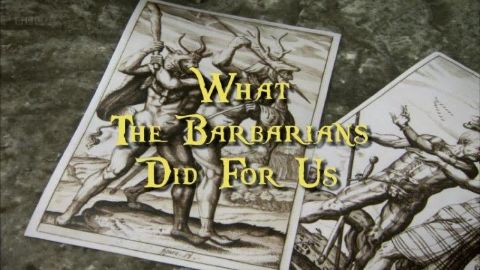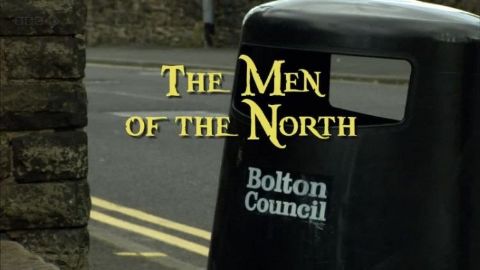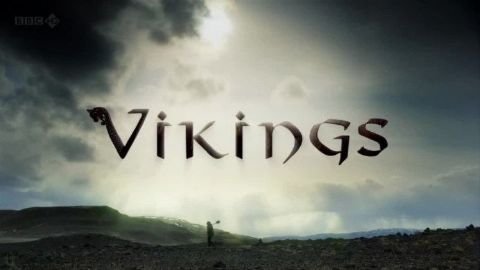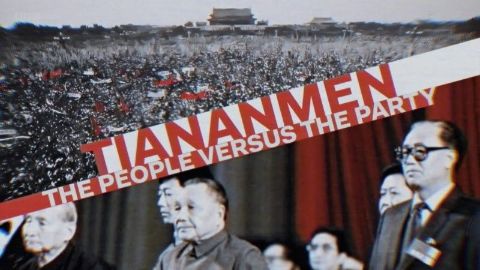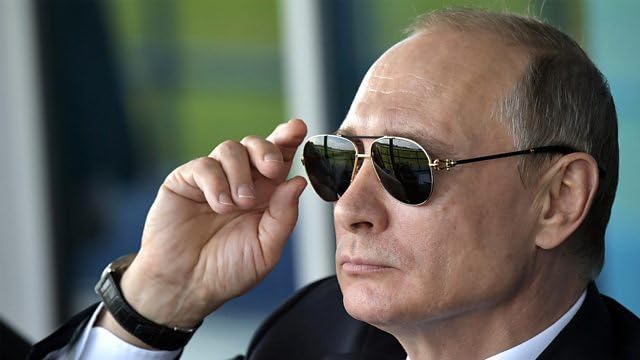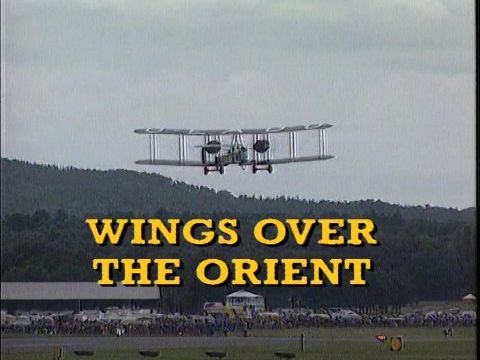The Clash of the Gods • 2012 • episode "Part 1" • The Dark Ages: An Age of Light
Waldemar looks at how Christianity emerged into the Roman Empire as an artistic force in the third and fourth centuries. But with no description of Jesus in the Bible, how were Christians to represent their God? He explores how Christian artists drew on images of ancient gods for inspiration and developed new forms of architecture to contain their art.
Make a donation
Buy a brother a hot coffee? Or a cold beer?
Hope you're finding these documentaries fascinating and eye-opening. It's just me, working hard behind the scenes to bring you this enriching content.
Running and maintaining a website like this takes time and resources. That's why I'm reaching out to you. If you appreciate what I do and would like to support my efforts, would you consider "buying me a coffee"?
Donation addresses
BTC: bc1q8ldskxh4x9qnddhcrgcun8rtvddeldm2a07r2v
ETH: 0x5CCAAA1afc5c5D814129d99277dDb5A979672116
With your donation through , you can show your appreciation and help me keep this project going. Every contribution, no matter how small, makes a significant impact. It goes directly towards covering server costs.

